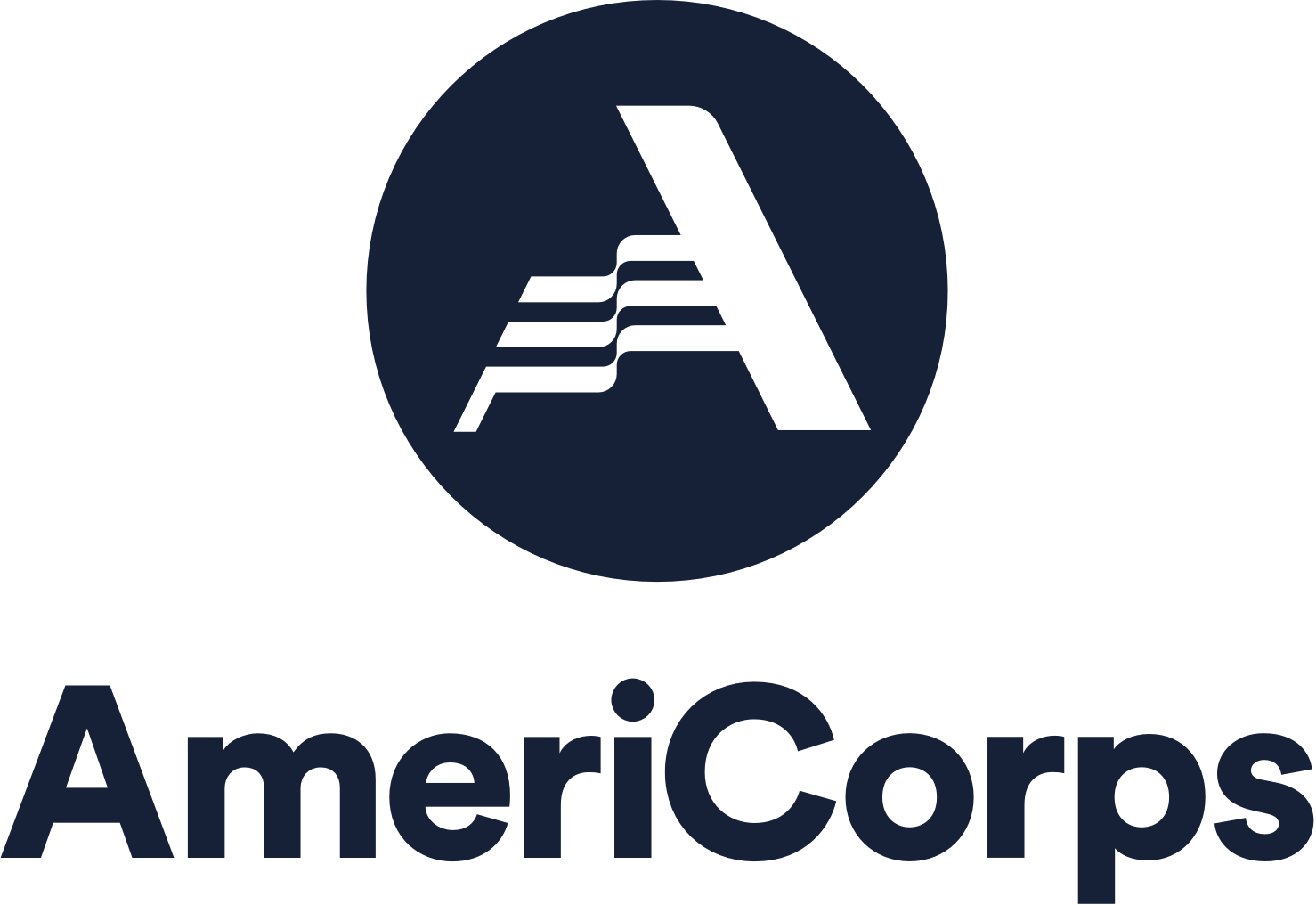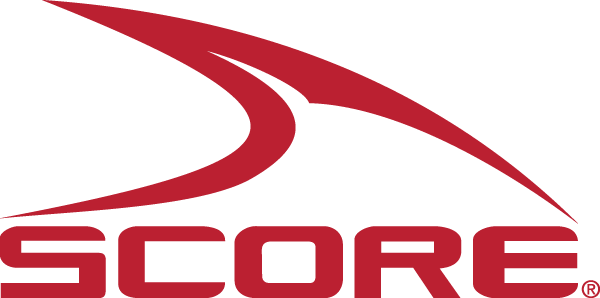Originally posted on WashingtonPost.com on January 13, 2020 under the main title, “We volunteer to help others, but research shows how much it helps us, too.” Scroll halfway down the page to find Lio’s feature, written by Ken Budd.
“Quick feet, quick feet, quick feet,” Lio Quezada shouts in the wrestling room at a high school in Alexandria, Va. Eighteen wrestlers, ages 8 to 14, pump their legs; their feet pound the blue matted floor with muted thuds.
“Good, that’s good,” Quezada yells during the drill.
The trim, muscular Quezada — a 21-year-old volunteer assistant coach with the Virginia Ramblers wrestling club and a former wrestler at George Mason University — leads practice and critiques his students’ techniques, but his lessons cover more than half nelsons and single-leg takedowns.
“Okay — good deed of the day,” he announces during a break. “What’s one good thing you did today? Give me something juicy.”
“I helped my friend with a worksheet,” a gangly boy says.
“I thanked the lunch lady,” another says.
“Awesome. One clap,” Quezada tells them, and they clap in unison — CLAP.
Quezada believes that wrestling can teach values such as discipline and hard work, and as he runs sprints with his young students, he is the sweaty, successful proof. Before embracing the sport at age 12, Quezada’s future looked dim. He was already drinking alcohol and smoking marijuana. He hung out with a rough crowd and grew up without a father. Then, when his older brother was expelled for being high at school, Quezada experienced an epiphany.
“I realized my life was going to slowly end up like his,” he says. “I saw what this did to my mother and I knew I couldn’t go down that same path.”
His seventh-grade gym teacher asked whether he was interested in wrestling. Quezada resisted, but he was a natural.
“I became obsessed with it,” he says. “It changed my circle of friends, it changed my drive and my demeanor.”
He became a two-time state champion and three-year captain at John Handley High School in Winchester, Va. As his wrestling skills and work ethic improved, so did his grades. He was accepted at Mason and joined the wrestling team as a walk-on in 2016, earning a starting spot over two wrestlers on scholarship.
But it wasn’t easy. For most of his college career, he was juggling classes, matches and practices while working 24 to 30 hours a week at Home Depot to cover expenses. He made the painful decision to give up wrestling his senior year, but he’ll graduate in 2020 with a bachelor’s degree in education, and he expects to earn his masters in 2021, with plans to focus on special education.
The decision to volunteer stemmed from his relationship with his high school coach, David Scott, who worked with him, encouraged him and drove him to offseason tournaments across the East Coast.
“That wasn’t his job,” he says of the road trips. “He kept me accountable and I knew, regardless of what happened, he was always going to love me. If it wasn’t for other people volunteering in my life, I would have gone on a completely different path.”
Quezada wanted to provide that same guidance and support to young people.
In 2018, Ramblers Coach Pete Zafros, also a volunteer, was seeking assistance, and a friend recommended Quezada. The Ramblers are sponsored by four local companies: Versa Integrated Solutions, TM3 Solutions, Movement Chiropractic and Glory Days Grill. Through Up2Us Sports, an AmeriCorps program that helps young adults to serve as coaches and mentors in low-income communities, Quezada has received training and will earn student loan assistance after 900 hours of service.
Volunteering allows Quezada to stay connected with wrestling (he also serves as a volunteer coach at Fairfax High School) while developing his leadership skills. “He provides our guys with a role model,” Zafros says. “He’s calm and much more mature than a lot of people his age, and I think they feed off of that.”
Volunteering also helps Quezada “stay grounded,” as he puts it. For six weeks in 2019, he volunteered through Mason’s study abroad program and taught wrestling in the Philippines, working primarily in Davao City, where children endure threats such as prostitution, human trafficking, child labor and gang violence.
Although Quezada’s own childhood was difficult, his time in the Philippines was a reminder that others may face even tougher challenges. But he also learned in Davao City that his values, and his story, resonate with young people everywhere.
“If you keep your moral compass straight,” he says, “the world will likely bring you a lot of good.”
Quezada beams when talking about his work with a struggling wrestler at Fairfax High School, a landscaper’s son who earned a college scholarship. Or when a Rambler gave him a card that said, “I’m so thankful for you.”
“The reason I’m so happy is because I started living my life for others and not for myself,” he says. “You do a disservice to yourself and the world if you’re not sharing what you were taught. You never know who you might impact.”
— Ken Budd







